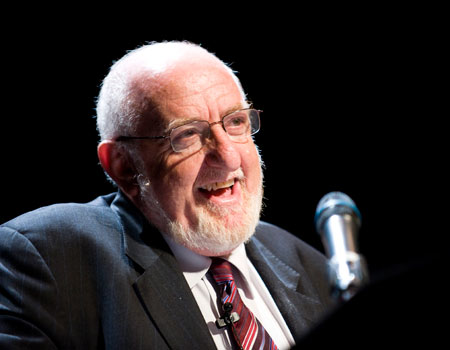 I got behind and missed yesterday's postings on the RJ.org Virtual Symposium on Jewish Education. The RJ.org blog had three yesterday. Here is the first, by my friend and colleague Deborah Niederman. As before, please comment on the RJ.org blog, so that we are all part of the same conversation!
I got behind and missed yesterday's postings on the RJ.org Virtual Symposium on Jewish Education. The RJ.org blog had three yesterday. Here is the first, by my friend and colleague Deborah Niederman. As before, please comment on the RJ.org blog, so that we are all part of the same conversation!I am grateful for the way that Dr. Charles Edelsberg frames his piece on education in the Reform Movement. Too often, what is written about Jewish education is merely a critique and sometimes an outright attack. We often read that Jewish education, especially complementary education through our congregations, is in crisis. But the truth is that we have always been reading articles that make such claims, and there has always been great innovation in congregational education, especially in the Reform Movement. (Innovative projects such as the Experiment in Congregational Education of the Rhea Hirsch School of Education and communal initiatives locally have been helping congregations rethink how they approach education for over two decades.) I am grateful that Dr. Edelsberg frames his piece around phenomena that can offer a robust approach to Reform Jewish education.
I agree with the challenge and necessity of discussing this important topic despite all the unknowns – and the National Association of Temple Educators (NATE) is not shying away from this difficult conversation. Like Dr. Edelsberg, we, too, struggle with the distinction between fads and trends. In this rapidly changing world, communication is constant and access to information has been democratized. The demand we face is in determining how to harness this power and accessibility to create rigorous, individualized approaches to learning that will meet the needs of all learners, in all situations, all the time. Many of NATE’s members are on the very front lines of this challenging work, and often on the receiving end of such demands. And really, this is an overwhelming demand! For NATE and our members, any request or demand related to education should be seen as an opportunity. The demand for offering education in a personalized and relevant way is our greatest opportunity yet.
The world around us is rapidly changing – and not only the organizational world of Jewish communal life. In this globalized world, Reform Jewish learners of all ages and interests have access to information in a way that, just a generation ago, we could not have imagined. As educators, our tasks are now much more as facilitators and guides, rather than as sole creators and providers. We must become co-creators with our learners and families in order to provide meaningful learning opportunities – but let us never give up on congregational education and the potential that lies within congregations. The truth is that the vast majority of Jews will always be educated in the congregational system, even if not literally within the walls of synagogues. There has been much innovation over the last several decades, and the religious school of this generation is new, vibrant, and robust in many ways. New models abound everywhere!
In her response to Dr. Edelsberg, NATE President Lisa Lieberman Barzilai states, “As the North American Jewish community changes, it is our responsibility to make this a time of inspiration and spiritual growth that will create an ever-vibrant Judaism. NATE and its members understand and embrace our role in shalshelet hakabalah, the chain of tradition.” Indeed, NATE strives to help its members embrace this role by remaining true to what has always been at the heart of Reform Judaism: a commitment to meaningful and purposeful change that acknowledges the positive influences of society, while at the same time remaining true to the prophetic values of justice, mercy, and the pursuit of shalom, peace and wholeness.
Deborah Niederman, RJE, serves as the first vice-president of NATE. She is the Alumni Engagement Coordinator for the HUC-JIR Schools of Education and the Coordinator of Induction and Retention for the Jim Joseph Education Initiative of HUC-JIR.






